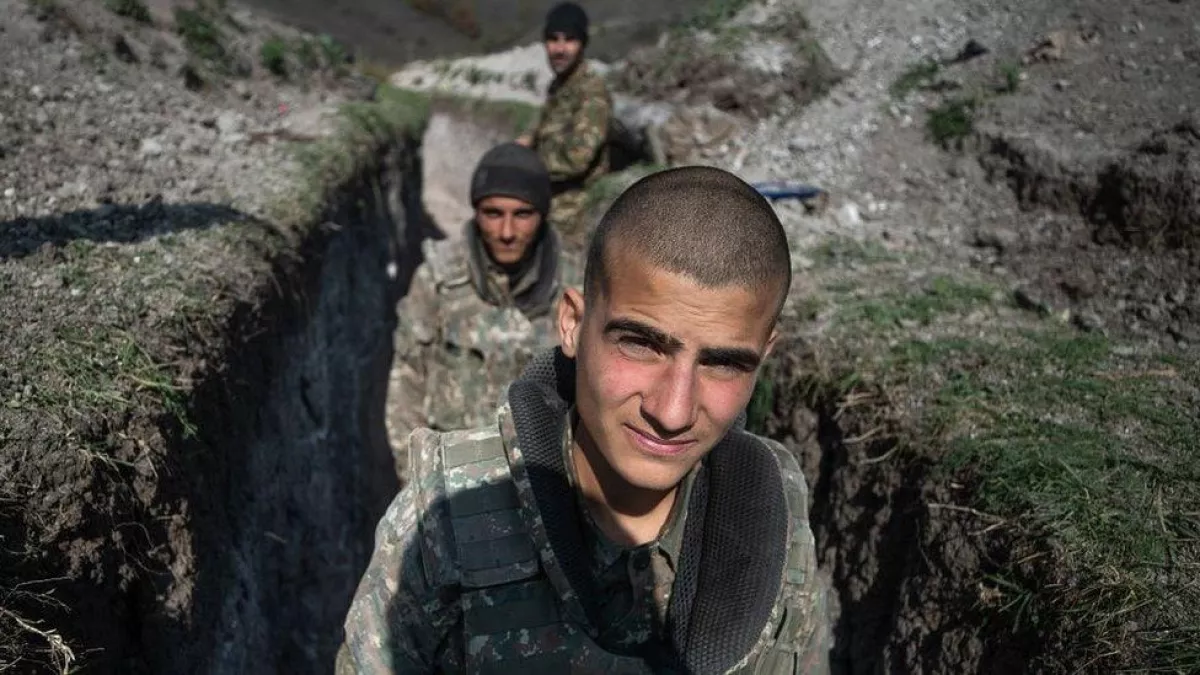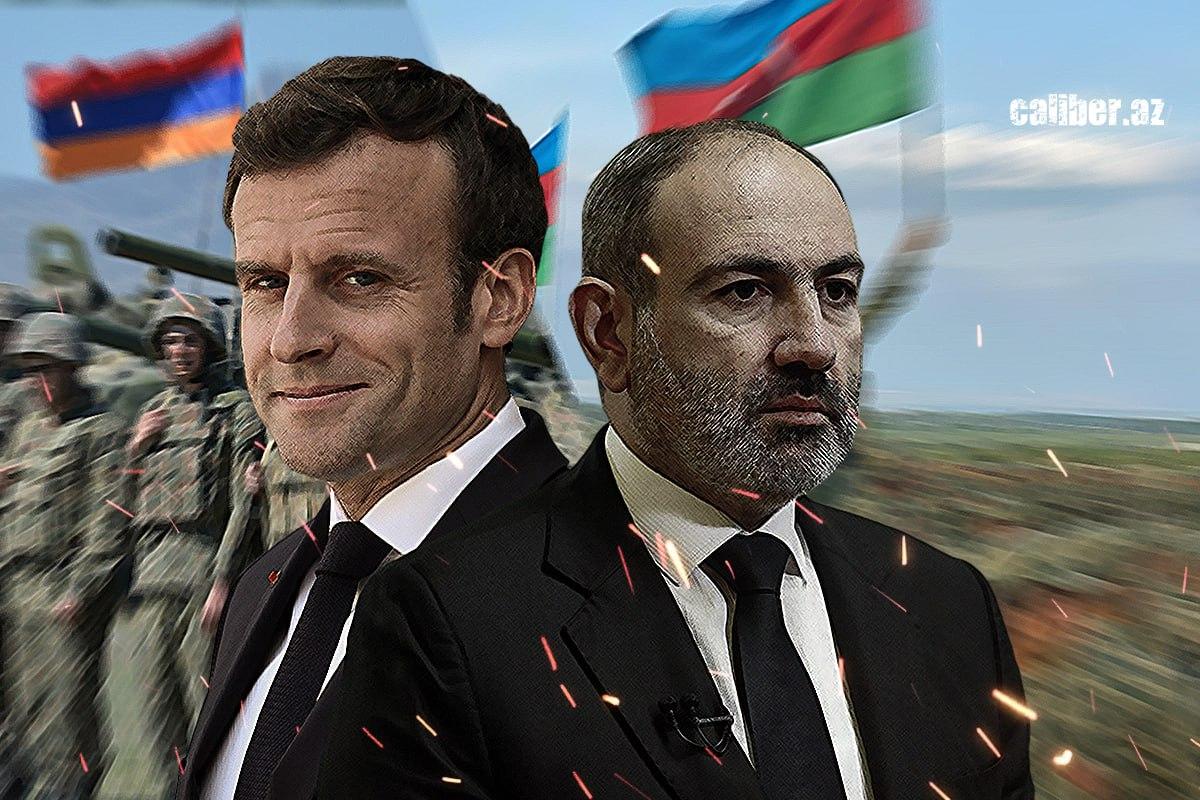Azerbaijan takes firm stance against Armenian plots and their backers Baku’s Voice Grows Stronger
The Azerbaijani Parliament has established a temporary commission to combat foreign interference and hybrid threats. Ramid Namazov has been appointed chair, with Amina Aghazade, Kamran Bayramov, Nurlan Hasanov, Gaya Mammadov, Sevil Mikayilova, Rasim Musabayov, Gulshan Pashayeva, and Zaur Shukurov as members. The formation of this commission marks a significant step in strengthening the role of the national parliament and resisting efforts to undermine Azerbaijan’s reputation, its historical achievements, and its hard-won victories.
The composition of this commission is also very encouraging, as it includes experienced diplomats and political analysts. Indeed, Azerbaijan’s Ministry of Foreign Affairs has been actively and successfully countering Armenia’s efforts, along with those of the global Armenian diaspora and biased politicians from various countries, to create a false narrative, slander Azerbaijan, and undermine its victory in the 44-day war, which fully restored the country’s sovereignty and territorial integrity. All of this was achieved despite attempts by certain nations to block the triumph of international law and the implementation of the four well-known UN Security Council resolutions.
For over a quarter of a century during the occupation of more than 20 per cent of Azerbaijan’s territory, none of the three OSCE Minsk Group co-chair countries exerted any real pressure on the Armenian government. Instead, driven by their own geopolitical interests, they favoured keeping the Armenia-Azerbaijan conflict in a "frozen" state. However, when the Azerbaijani army responded to yet another Armenian provocation by beginning the liberation of its lands, many politicians finally dropped their masks of "peacemaking," revealing their willingness to fully support Armenia’s occupation policies.

Indeed, the 44-day war shattered the bubble of Armenian propaganda, which had falsely claimed that Azerbaijan was not fighting the Republic of Armenia, but merely "self-defense units" of the Karabakh junta. The Armenian leadership could no longer conceal the involvement of its soldiers in the war, which was being fought on Azerbaijan’s internationally recognized territory.
This became undeniable after the names of the fallen occupiers were published, along with their places of birth and burial. These were Armenian citizens, drafted by Armenia’s military to fight against Azerbaijan on Azerbaijani soil. This serves as undeniable proof of Armenia's direct involvement in crimes against Azerbaijan.
This is further evidenced by the fact that, immediately after the start of the 44-day war, Armenian Prime Minister Nikol Pashinyan convened his country's Security Council, where he called for strikes against Azerbaijan. These strikes on peaceful Azerbaijani cities did indeed occur. As a result of missile and artillery attacks on Ganja on October 4, 5, 8, 11, and 17, 2020, 26 people were killed and 175 were injured. Additionally, missile and artillery attacks by Armenian armed forces in the Barda district resulted in the deaths of 29 people and injuries to 112 others.
This is documented evidence of the bloody crimes committed on the orders of Pashinyan, who now attempts to portray himself as a "dove of peace." The temporary commission established in the Milli Majlis (National Assembly) against foreign interference and hybrid threats will undoubtedly work to inform parliamentary colleagues worldwide about the scale of the crimes committed by Armenia.

Especially now, as we see growing efforts by Armenia’s supporters—chief among them Macron's France—to encourage the country toward another war with Azerbaijan. This isn’t surprising, as we remember Emmanuel Macron’s stance during the 44-day war all too well. "France is deeply concerned about Turkey’s recent calls for Azerbaijan to retake Nagorno-Karabakh. We will not allow it," Macron declared at the time. He also added, "I say to Armenia and Armenians – France will play its part."
It became immediately clear that Macron was overestimating his influence, spreading lies and misinformation by accusing Azerbaijan of simply exercising its right to self-defence under Article 51 of the UN Charter. Macron's actions during that time made it clear that France was opposed to the restoration of Azerbaijan’s territorial integrity.
Macron's attempts to hinder Azerbaijan have proven futile. The Azerbaijani flag now flies in both Shusha and Khankendi. The restoration of all liberated territories is also progressing rapidly. Their true owners are returning to their homes and lands, which infuriates the global Armenian diaspora and their allies from various countries.
They have focused their efforts on tarnishing Azerbaijan’s image, attempting to devalue its victories, and interfering in Azerbaijan’s internal affairs through threats and ultimatums. To more effectively counter these provocative actions from Armenia and its allies, a temporary commission has been established to address foreign interference and hybrid threats. There is no doubt about the success and effectiveness of its work.








